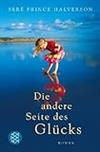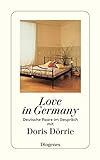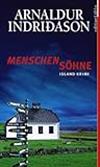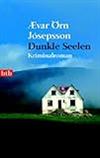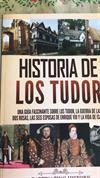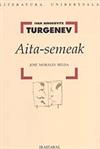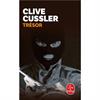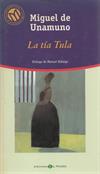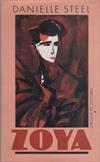Survey Update!
Questions answered, and another chance to take the 'BookCrossing in Cultural Theory' Survey
by CrazyCatLadyOctober 5, 2005
Hello everyone! The kind folks at the BookCrossing Newsletter have given me the chance to extend a huge "thank you!" to everyone who has participated in my survey (for those who don't know what I'm talking about or who didn't get to take the survey the
first time around, click here for last month's Newsletter article). I was overwhelmed by the response, and am so grateful for all the well-wishes I received. What an incredibly supportive community!
It will be a while before I can sort through each and every response, but a brief review of the responses to the final, "is there anything else you want to tell me?" question indicated to me that lots of people had similar questions, so I thought I'd address
some of them here.
I think that's it! Those were the questions I saw repeated the most often; I hope the answers help clear things up a bit. If any of you want to get in touch with me, email me at any time at FolkloreResearch AT gmail.com. And thanks again.
- Are your email addresses safe with me? Yes! I won't be sharing them with anyone!
- Will BookCrossers be able to see the results? Well, my end goal for this dissertation (besides getting it passed by the university, of course) is to publish a book, which I certainly hope will be available for any and all to read. But my current dissertation
schedule has me writing for about two years right now, so that's a ways away. In the meantime, if I put out any conference papers or journal articles that I think would be of interest, I'll try to post them or link to them from the BookCrossing site.
- How does one get involved in folklore? I'm guessing most people were asking this with regard to the academic discipline of folklore, since basically everyone is already involved in the stuff of folklore in their daily lives -- telling jokes, practicing
family customs, sharing urban legends. The academic study of folklore is a wonderful field, similar in many ways to both anthropology and literature. Professional folklorists can study anything from folk tales to contemporary legends, hand-made furniture to
dirty jokes, traditional dances to email chain letters. Some folklorists choose a public sector path rather than an academic one and become cultural preservation specialists, collectors of oral histories, or organizers of festivals celebrating everyday culture.
If you want some good books to get you started, try looking for ones by Alan Dundes, Barre Toelken, Diane Goldstein, Jan Brunvand, Elliot Oring, Jeannie Thomas, or Michael Owen Jones. Any of their books will have great bibliographies, too, to lead you to further
readings.
Here are a few websites as well:
The American Folklore Society
The Folklore Studies Association of Canada
Memorial University of Newfoundland's Department of Folklore
UC Berkeley's Folklore program
Indiana University's Folklore program
Utah State University's Folklore program
University of Western Kentucky's Folklore program
University of North Carolina's Folklore program
Ohio State's Folklore program
- Why were there so many questions for each number?/How will you analyze all that data?/Why weren't there more statistical questions? I grouped these together because they can all be answered by the same basic response. In the field of folklore, when we do
surveys and interviews, one thing we're looking to do is to create as natural and conversational a context as possible. Folklore emerges in everyday, face-to-face (or person-to-person, at least) interactions, and rather than pre-determining the responses we'd
get by asking limiting multiple choice or basic yes-or-no questions (which are certainly easier to tally), folklorists like to ask open-ended questions, questions that get people talking (or typing, as the case may be), and let the respondents themselves lead
to the points they find most interesting. Ethnographic data, the kind collected in folklore research, can be much more qualitative than quantitative, and the survey website I used actually offers several fabulous filter tools to help sort through even the
longest essay responses. That being said, there were several suggestions for additional "stats" questions at the end that I think were great ideas. Online surveys aren't a perfect system to be sure, but they are a nice way to reach lots of people from a wide
variety of locales I otherwise wouldn't be able to get to.
I think that's it! Those were the questions I saw repeated the most often; I hope the answers help clear things up a bit. If any of you want to get in touch with me, email me at any time at FolkloreResearch AT gmail.com. And thanks again.
